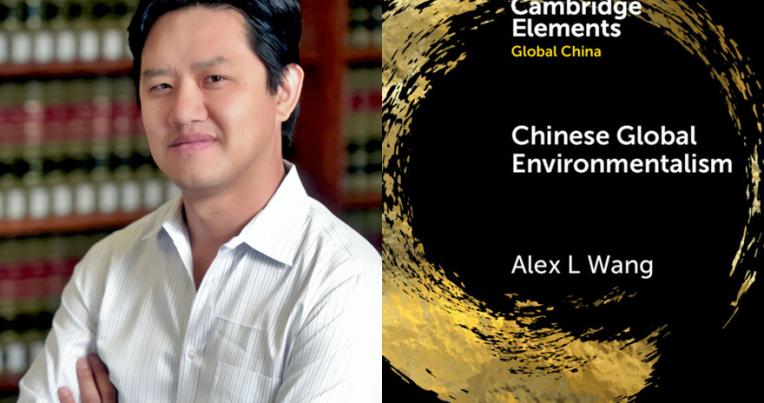Advancing Methane Regulation
A globally focused initiative to inform policymaking and advance methane regulation using remote sensing and remote measurement.
One of the single most effective strategies to reduce global warming is to rapidly reduce emissions of methane, a greenhouse gas that is 80 times more potent than carbon dioxide during the first two decades of emission. Methane is odorless and colorless, which for decades made it hard to detect.
The rapid advance of remote sensing technologies is opening myriad new opportunities for methane control using monitoring data. Governments and NGOs around the world are looking to detect and address methane emissions in new ways across various sectors, from oil and gas to agriculture. However, the regulatory use of methane remote sensing remains relatively undeveloped.
The UCLA Emmett Institute launched the Advancing Methane Regulation Project to help guide policymakers as they develop regulations to hunt and halt super-polluting methane. In October 2023, the Emmett Institute convened a meeting on the UCLA campus of more than two-dozen experts in science, technology, law, and policy to inform the goals of the project. To inform the project’s launch, we produced a global survey of existing, and imminent, methane regulations. (Read that policy paper here.)
What advances in methane remote sensing technologies are coming in the near term and are on the horizon? How should policymakers best prepare to utilize this new technology to maximize methane reductions, both in developed and developing countries? Can these advances help jurisdictions move from voluntary methane reduction pledges to effective regulation? Over two full days, the convening tackled the trickiest challenges and most promising opportunities created by the coming flood of methane data. Out of that October 2023 convening comes a Discussion Paper titled “Advancing Methane Regulation: Implications of New Monitoring Technologies” that summarizes and builds on those discussions.
The Advancing Methane Regulation Project is led by Faculty Director Ted Parson, Executive Director Cara Horowitz, and Staff Attorney Juan Pablo Escudero Toro
NEW: "Improving the Control of Methane Emissions Using Satellite Data: Context and Considerations for Policymakers."
“Remote Sensing of Atmospheric Methane: A Primer for Policymakers on the Science of Methane Satellites.”
Hunting Methane Using Satellites: A Guide for Policymakers
Remote Sensing of Atmospheric Methane: A Primer for Policymakers
Remote Sensing of Atmospheric Methane: A Primer for Policymakers (Discussion draft - 2024)
